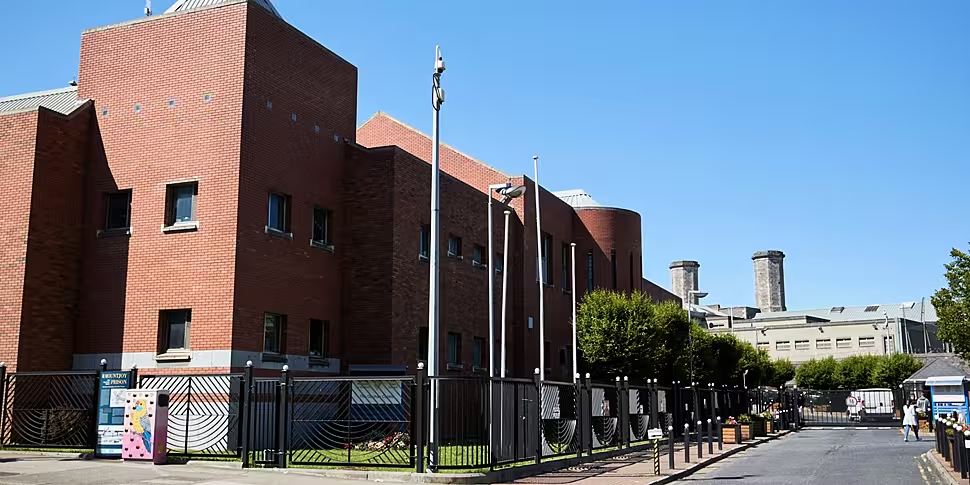Some 825 inmates are currently on a waiting list for prison-based addiction counselling services.
Sinn Féin mental health spokesperson Mark Ward said prisoners are on waiting lists for nearly 900 days to access mental health supports.
The Midlands Prison had 103 inmates on its addiction counselling waiting list, while Castlerea had 78.
Medical Director and addiction expert Dr Garrett McGovern said this issue “is only going to get worse”.
“The quality of medical treatment care has improved over the years,” he said. “addiction services needs to move with the times.”
Quality of care
Dr McGovern said he was surprised to learn the length of the waiting list – but he also said addiction services in prisons are already known to be below standards.
“Many people who go into prison who aren't already on opioid substitution treatment are within a medically supervised detox,” he said.
“They should be offered maintenance treatment. In other words, the quality of care in prisons should be the same as the quality care outside prisons."
"Greater resources"
Dr McGovern said many inmates who require treatments such as opioid substitution treatment cannot access them in prison and have to detox – which “completely goes against medical advice and guidelines”.
“We definitely need to provide greater resources to prison medical and psychological services.”
He also said the lack of treatment can become more difficult if there is nowhere an inmate can get help following imprisonment.
“We sometimes get calls in the community, about someone who hasn't been on treatment going into prison but would [a treatment facility] take them when they come out,” he explained.
“That's fairly easy enough to do in Dublin where services are plentiful on release from prison [but] it’s not so easy in areas outside Dublin where there are waiting lists for opiate substitution.
 Midlands Prison
Midlands Prison“That creates a problem and an inequality for people because if there is no treatment centre in place when they go out, then [the prison] will offer them limited services while they're in there above others.”
Without adequate treatment, Dr McGovern explains, inmates often suffer “a loss of tolerance” that creates risk upon release.
“If they don't have any tolerance to opioids there's an increased risk of overdose [and] death should be used on the outside, particularly in injecting drug users,” he said.









